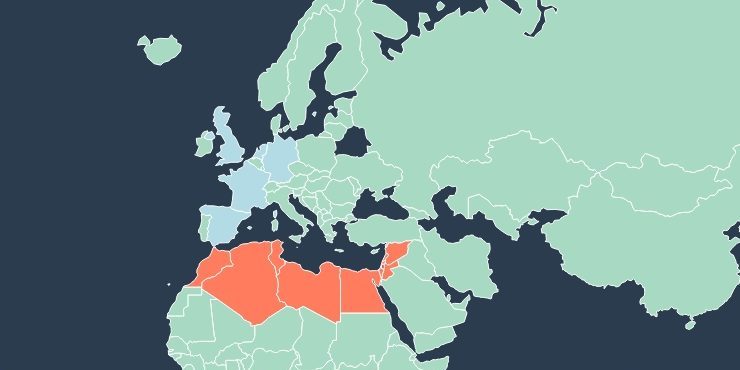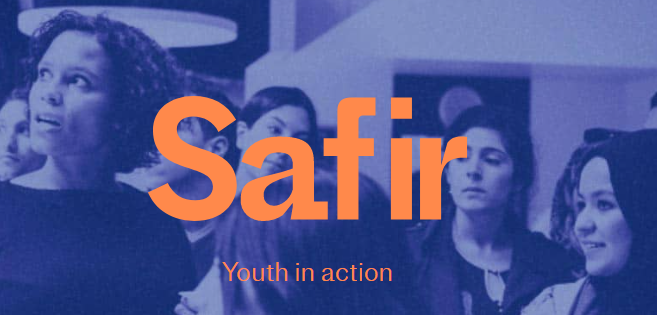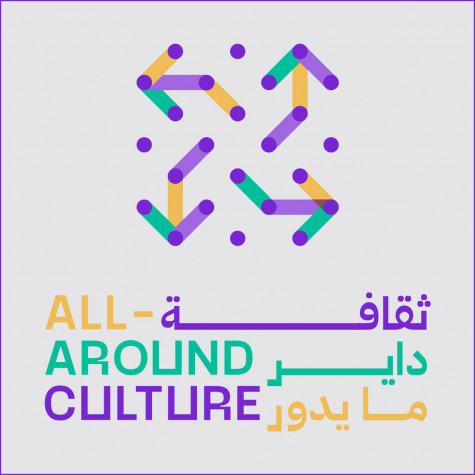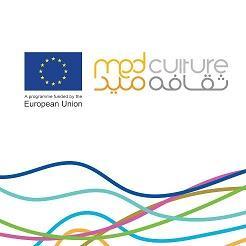Programme to Support Youth and Culture in the Southern Neighbourhood

The overall objective of the Youth and Culture programme is to promote youth and culture as vectors of democratisation, inclusive economic growth, regional integration and resilience in ENP South countries.
Funded by the DG NEAR (Neighbourhood and Enlargdment Negotiations), this programme has 2 main components:
1) Youth: To promote the active participation of young people in building inclusive and democratic societies. Youth include the age group between 18-30 years.
2) Culture: To enhance the role of culture as a vector for employment and resilience in the Southern Neighbourhood.
The programme encompasses all countries of the Southern Neighbourhood: Morocco, Algeria, Tunisia, Egypt, Palestine, Lebanon, Jordan, and the diaspora from Syria and Libya. In total, 3 projects are currently implemented under the programme.
- CREACT4MED (2020-2023): CREACT4MED (CReative Entrepreneurs ACTing FOR the future MEDiterranean)aims to enhance the role of culture and creativity as a vector for employment and resilience in eight South Neighbourood countries. For more info, click here.
- Thaqafa Daayer Maydoor (2020-2024): Thaqafa Daayer Maydoor (All-Around Culture) fosters a cultural ecosystem as an enabling environment for social and economic inclusion of young people in Morocco, Algeria, Tunisia, Egypt, Palestine, Lebanon, Jordan, and the diaspora from Syria and Libya. For more info, click here.
- SAFIR (2020-2024): SAFIR is an EU-funded project supporting youth and the achievement of Sustainable Development Goals (SDGs) in 9 countries across Northern Africa and the Middle East. For more info, click here.



MED CULTURE (2014-2018):
Med Culture was a 5-years regional programme funded by the EU to accompany partner countries in south of the Mediterranean in the development and improvement of cultural policies and practices related to the culture sector. The approach was consultative/participative and takes place in partnership with civil society actors, ministries, private and public institutions involved in culture as well as other related sectors.
The countries involved were Algeria, Egypt, Israel, Jordan, Lebanon, Morocco, Tunisia, Palestine, and Libya.